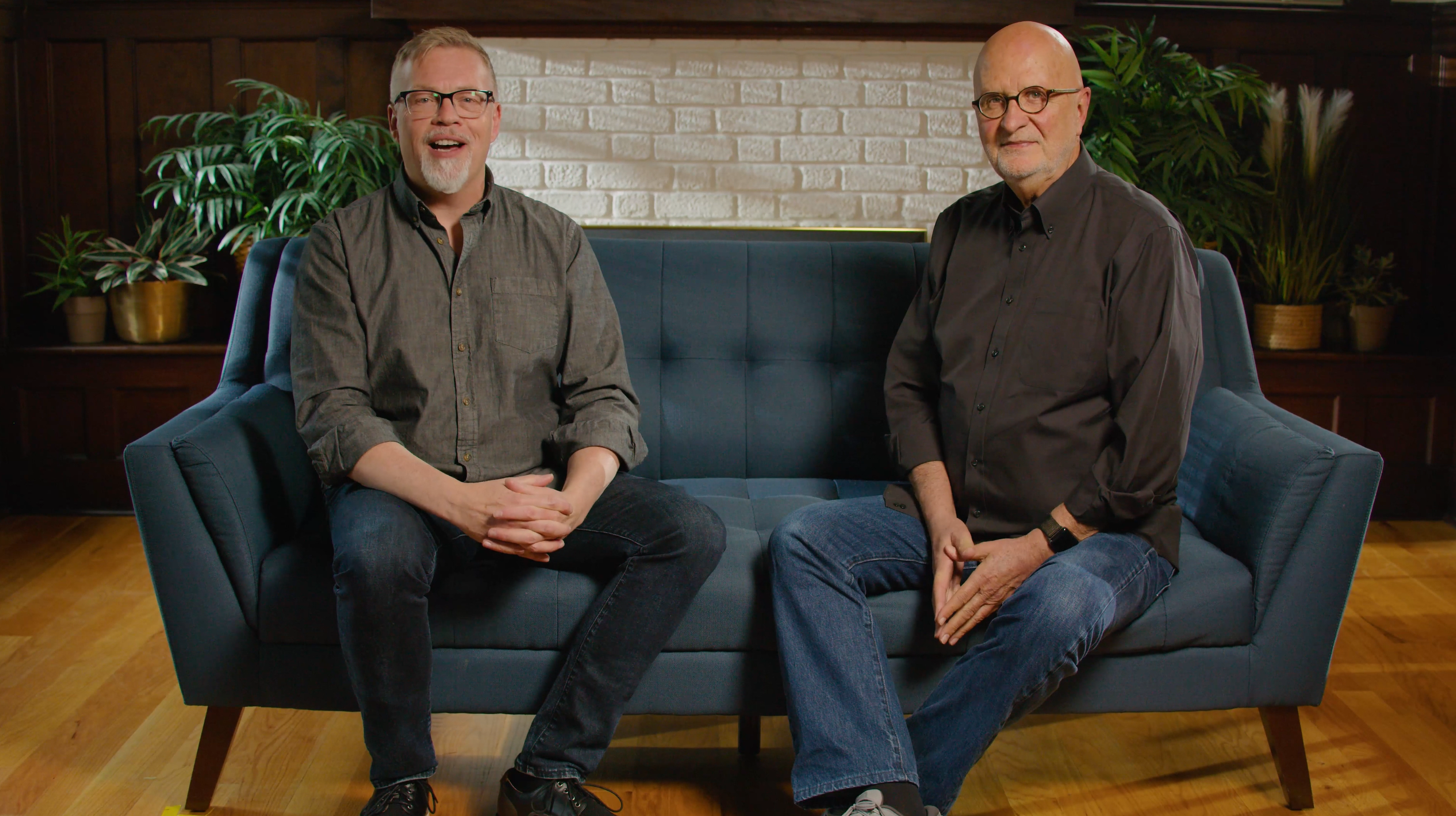Many organizations have a transactional mindset when setting goals for major gifts. But when leadership pulls a number out of a hat (think: “Raise X% more than last year”), it doesn’t honor the donor or acknowledge their passions. Instead of a blanket goal that applies to everyone, our approach takes the full relationship into account and sets individual goals for each major donor.
In this Question of the Month video, Richard and Jeff discuss how to approach goal setting for your major gifts program in a way that’s honoring to the donor and centered on connections rather than on a dollar sign.
If you’d like to learn more about goal setting and the rest of our system and structure for major gifts, be sure to check out our Certification Course for Major Gift Fundraisers.
Read the Full Transcript Below
Jeff Schreifels
Hi there. Welcome to this month’s Question of the Month. If you’ve been around for a while, then you know that goal setting is a core part of our system and structure for major gifts. Unfortunately, we regularly see fundraisers and fundraising leaders approaching goal setting in a transactional manner that doesn’t serve the donors or the organization. So Richard will be answering this month’s question: How do you set goals in major gifts?
Richard Perry
Well, that is really a good question. I mean, the very first thing you’ve got to do is qualify or make sure that the donors are qualified, right? And you know, what we mean by that is they not only meet a certain metric, like, you know, what is a major donor?
Jeff Schreifels
Could be $1,000 cume or $5,000, whatever it is.
Richard Perry
They’ve got to meet that metric. But then, you have to actually go out and see if they’ll talk to you, and if they want to have a relationship with you. So that’s the very first thing. Do they qualify? Secondly, you’ve got to do some research on the donor. Like, when do they typically give? What do they like to give to? How much do they give to others, etc.? If you can get that information, that’s important. And then you need to learn their interests and passions. That’s very, very critical. So you need all of that in place first, I mean, that’s the very first thing. And then when you’re doing your communication plan, you’re basically basing your goals on what they’ve done before. If you don’t know them, then you have to take what’s happened before, right? And kind of make those the goals. If you do know them, then you’ll have other information about their capacity, and their inclination, and how you could move ahead with what that goal might be.
Richard Perry
Now, the whole question of like, what’s the amount? Like, how do you determine the amount? I mean, that’s also always a big question. Well, if you don’t know the donor well then you’ve got to go with past history. If they gave $5,000 last year, you might ask for $7,000. But if you do know them, then you have the information about inclination, like what are they likely to do? How interested are they? And then you’d be able to set a goal and have that information inform your goals. So, that’s all the things about an amount. There’s a couple other aspects to this. There’s aspirational goals versus budget goals. Now, what’s the difference? A budget goal is what you’re doing for management and for the organization.
Jeff Schreifels
It’s not sandbagging. It’s a real goal.
Richard Perry
It’s a real goal. It’s basically what’s got to go into the budget for the organization. The aspirational goal is something that is like, if everything aligned with this donor, everything possible aligned, external and internal, what could they possibly do? That’s aspirational. And you basically have those two goals for every donor.
Jeff Schreifels
And then you’re trying to get the frontline fundraisers to really go for the aspirational, right?
Richard Perry
Yeah, well, we’ve always suggested that because… it’s actually been very interesting. When you’re looking at the aspirational goal, you most often meet them. I mean, it’s really quite an interesting dynamic, or psychology, to the whole thing. There’s one additional thing I want to say about goal setting. And that is, you can ask for a one time gift, and if the donor says, “Well, you know what, that’s really way too high,” or “I can’t do that,” then you move to what we call terms or paying in payments or several payments. And so, that’s how we set goals.
Jeff Schreifels
Thank you, Richard. I hope this has helped you gain clarity on how to approach goal setting in a more relational way that’s honoring to your donor. If you’re ready to learn more about goal setting, and the rest of our system and structure for major gifts, be sure to check out our Certification Course for Major Gift Fundraisers. This is a comprehensive training that will give you our best practices, tools, and resources to help you create a thriving major gift program and connect more strategically with your donors. You can learn more about this course by visiting our website or by emailing us at academy@veritusgroup.net. Thank you, and take care.


![5 Things to Do When You Get Back from the Holidays [Podcast Episode]](https://veritusgroup.net/wp-content/uploads/2023/01/Podcast-Episode-Blog-Post-Header-Image-7.png)




0 Comments